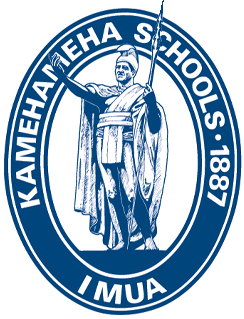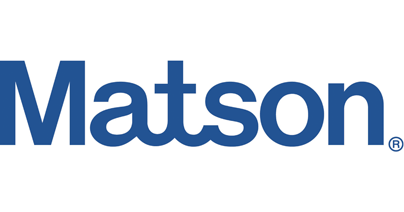
Captain Kevin Schaeffer
Deputy Chief of Staff
U.S. Pacific Fleet
Captain Kevin Schaeffer is a Mentor Hawaii Cohort 10 mentor. Learn more about the program here.
About Captain Schaeffer
A native of Alexandria, VA, Captain Kevin Schaeffer graduated from the United States Naval Academy in 2004 with a Bachelor of Science Degree in Computer Science. His first tour of duty was the Naval Postgraduate School in Monterey, California where he received a Master’s Degree in Systems Technology.
Commander Schaeffer’s operational assignments include Division Officer tours as the Auxiliaries Officer, Electrical Officer and Navigator in USS Lake Erie (CG 70) and Department Head tours in USS Port Royal (CG 73) as Weapons Officer and Combat Systems Officer. Additionally, Commander Schaeffer served in support of Operation ENDURING FREEDOM, as part the J3 in Combined Joint Task Force Paladin, the counter-IED Task Force in Afghanistan. Most recently, Commander Schaeffer served as the Executive Officer and Commanding Officer in USS Chung-Hoon (DDG 93) where he deployed to the Western Pacific in support of operations to uphold a free and open Indo-Pacific.
Ashore, Commander Schaeffer served in the Plans and Policy Directorate (N5) at U.S. Pacific Fleet from 2010 to 2012 and in the Future Operations Directorate (J35) at U.S. Indo-Pacific Command from 2015 to 2018. Commander Schaeffer also served as the Executive Officer and Operations Officer at Afloat Training Group Middle Pacific from 2018 to 2020. He reported to U.S. Pacific Fleet in May of 2024 and served as the Director of the Commander’s Action Group before becoming the Deputy Chief of Staff.
Commander Schaeffer’s military awards include the Defense Meritorious Service Medal, Meritorious Service Medal, Joint Service Commendation Medal, Navy and Marine Corps Commendation Medal, and the Navy and Marine Corps Achievement Medal, as well as various campaign and unit awards.
His wife Allison and their two children, Jonathan and Caroline, live in Maunawili, HI.
Question and Answer with Captain Schaeffer
What is your preferred communication style when mentoring (in-person, video conference, phone, informal check-ins, structured meetings, etc.)?
In-Person Meeting, Phone, Informal Check-In, Activity, Meal
Why do you want to become a mentor in this program?
This is a unique opportunity to give back to the local professional community. Throughout my career, mentors has been a key part of my success and being a mentor to fellow Surface Warfare Officers, helping develop the next generation of Officers, has been a truly rewarding experience.
What specific skills, knowledge or experience can you share with your mentee?
As a Surface Warfare Officer, I have been leading and managing people for my entire 20 year career and may be able to bring unique insights to leading and managing people of all ages and backgrounds.
What are your expectations for a mentor-mentee relationship?
I am hoping we can learn from each other and share our insights to make us both more effective leaders and communicators.
How do you approach problem-solving and conflict resolution?
I try and always take a logical and unemotional approach to problem-solving and conflict resolution. I tend to like to talk out issues face to face.
How do you envision success for your mentee, and how will you measure it during the program?
I hope the mentee is able to learn something useful, a tool or new prospective, from each of our interactions. I will measure this success through open communication to ensure I am meeting their needs.








































